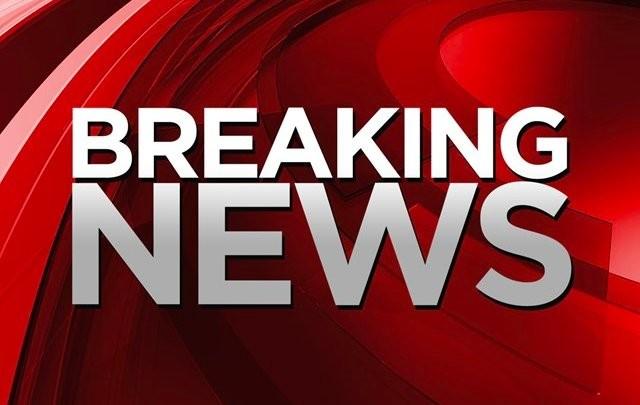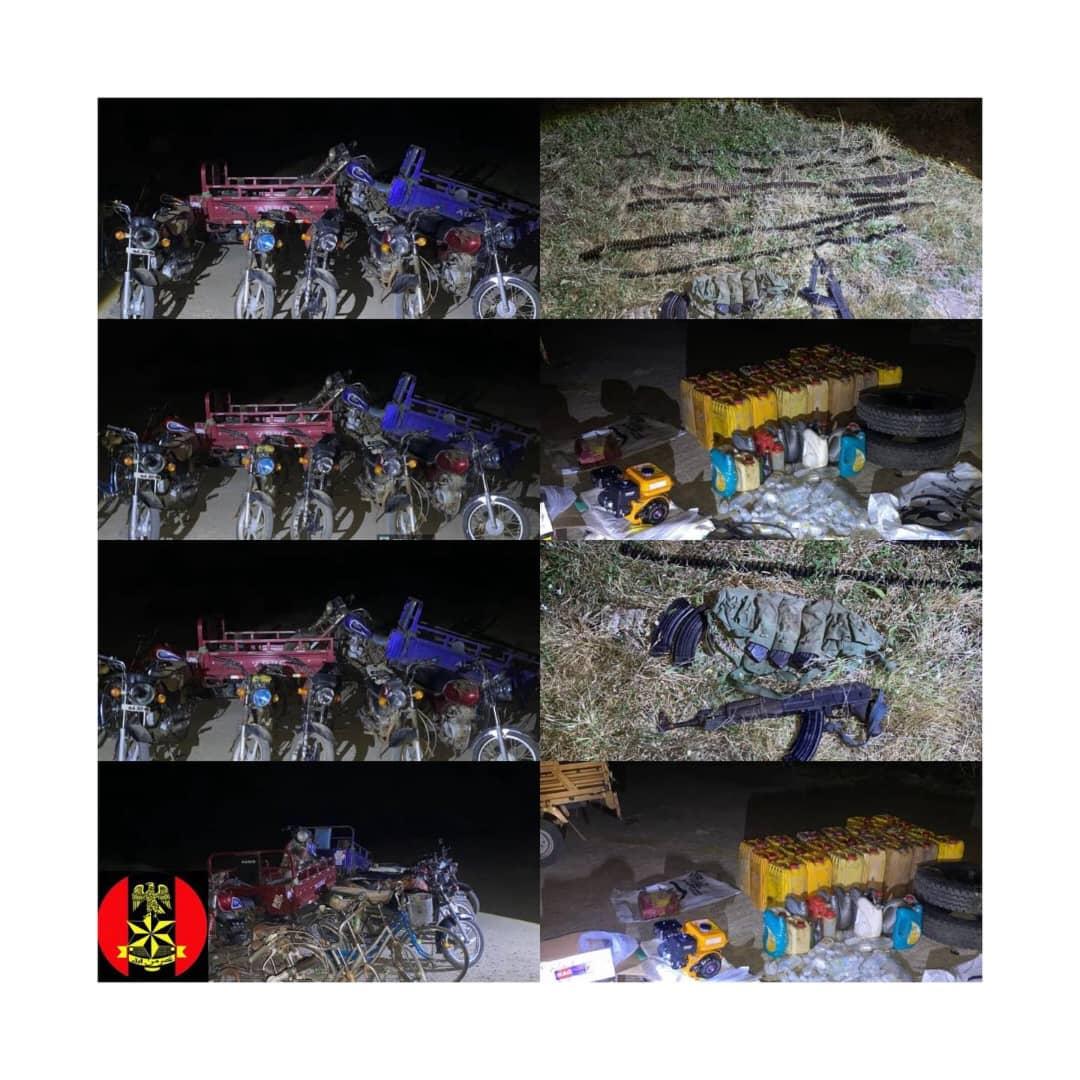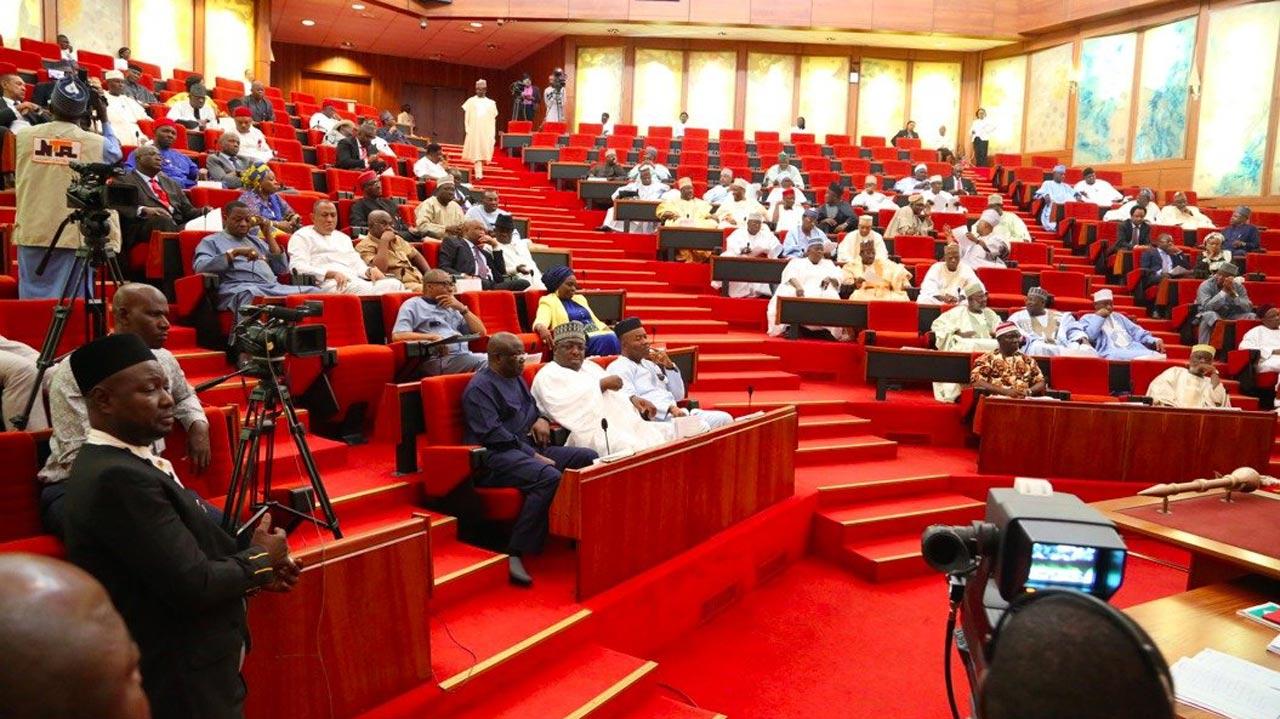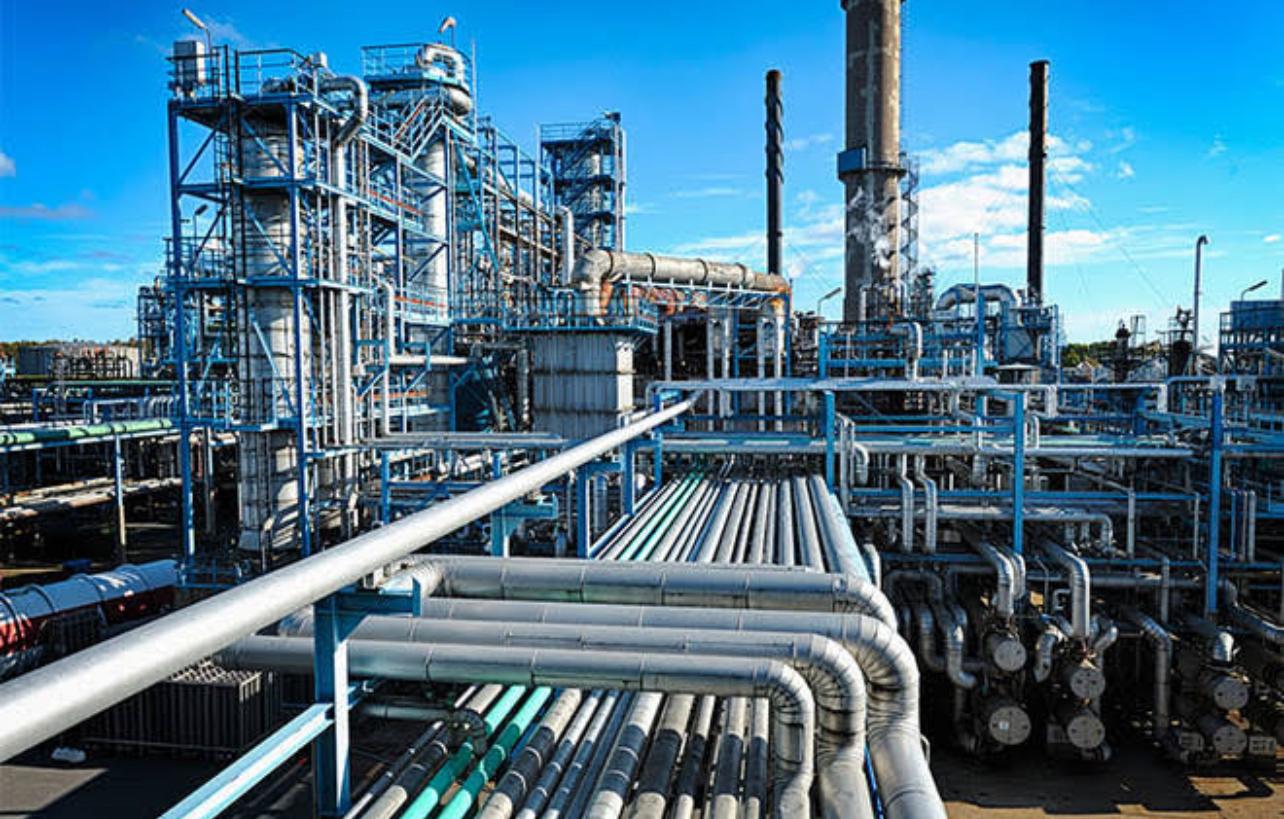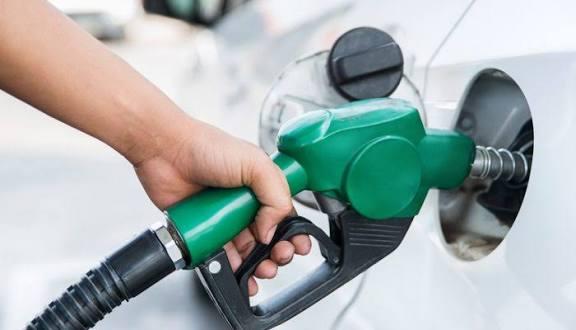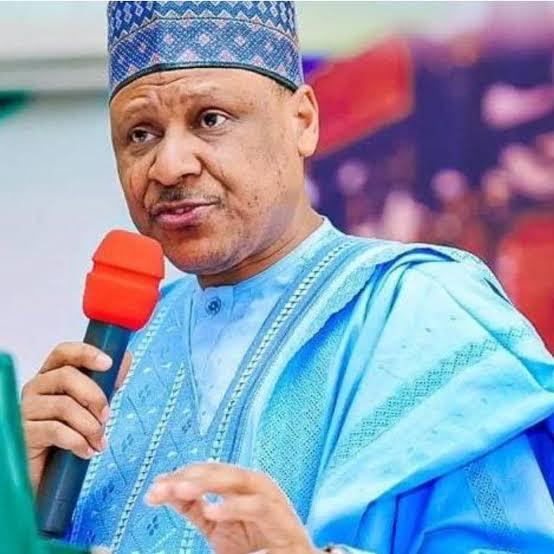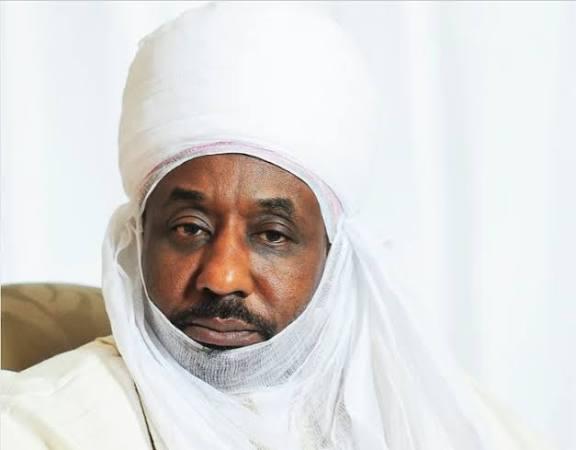Nigerian govt aware of policies fueling Christian persecution, chooses media manipulation – Ted Cruz.
United States Senator, Ted Cruz has claimed that the Nigerian government is aware of policies fueling alleged Christian persecution in Nigeria, but chooses media manipulation over accountability.
In a statement he posted on his X account on Friday, Cruz also warned about a PR campaign being waged by the Nigerian government to fight the accusations.
“Nigerian officials know their policies have created an environment in which Christians are being persecuted and slaughtered, including their enforcement of sharia law and their tolerance of Islamist violence,” Cruz said (via Fox News Digital).
“Instead of reversing these policies, they are waging a media campaign to escape exposure and accountability. I intend to prevent them from doing so.”
This is coming after the Minister of Foreign Affairs of Nigeria, Yusuf Tuggar, recently spoke on the alleged Christian genocide in Nigeria on Piers Morgan Uncensored.
United States President Donald Trump had designated Nigeria as a country of particular concern a few weeks ago.
Trump cited what he described as ongoing violence against Christians and the failure of the Nigerian government to protect religious minorities.
The US leader also said he had asked the Department of Defense to prepare for possible military action in Nigeria if the Nigerian government “continues to allow the killing of Christians.”
But the Nigerian government has strongly denied the persecution of any religious groups in the country
United States Senator, Ted Cruz has claimed that the Nigerian government is aware of policies fueling alleged Christian persecution in Nigeria, but chooses media manipulation over accountability.
In a statement he posted on his X account on Friday, Cruz also warned about a PR campaign being waged by the Nigerian government to fight the accusations.
“Nigerian officials know their policies have created an environment in which Christians are being persecuted and slaughtered, including their enforcement of sharia law and their tolerance of Islamist violence,” Cruz said (via Fox News Digital).
“Instead of reversing these policies, they are waging a media campaign to escape exposure and accountability. I intend to prevent them from doing so.”
This is coming after the Minister of Foreign Affairs of Nigeria, Yusuf Tuggar, recently spoke on the alleged Christian genocide in Nigeria on Piers Morgan Uncensored.
United States President Donald Trump had designated Nigeria as a country of particular concern a few weeks ago.
Trump cited what he described as ongoing violence against Christians and the failure of the Nigerian government to protect religious minorities.
The US leader also said he had asked the Department of Defense to prepare for possible military action in Nigeria if the Nigerian government “continues to allow the killing of Christians.”
But the Nigerian government has strongly denied the persecution of any religious groups in the country
Nigerian govt aware of policies fueling Christian persecution, chooses media manipulation – Ted Cruz.
United States Senator, Ted Cruz has claimed that the Nigerian government is aware of policies fueling alleged Christian persecution in Nigeria, but chooses media manipulation over accountability.
In a statement he posted on his X account on Friday, Cruz also warned about a PR campaign being waged by the Nigerian government to fight the accusations.
“Nigerian officials know their policies have created an environment in which Christians are being persecuted and slaughtered, including their enforcement of sharia law and their tolerance of Islamist violence,” Cruz said (via Fox News Digital).
“Instead of reversing these policies, they are waging a media campaign to escape exposure and accountability. I intend to prevent them from doing so.”
This is coming after the Minister of Foreign Affairs of Nigeria, Yusuf Tuggar, recently spoke on the alleged Christian genocide in Nigeria on Piers Morgan Uncensored.
United States President Donald Trump had designated Nigeria as a country of particular concern a few weeks ago.
Trump cited what he described as ongoing violence against Christians and the failure of the Nigerian government to protect religious minorities.
The US leader also said he had asked the Department of Defense to prepare for possible military action in Nigeria if the Nigerian government “continues to allow the killing of Christians.”
But the Nigerian government has strongly denied the persecution of any religious groups in the country
0 Yorumlar
·0 hisse senetleri
·361 Views





